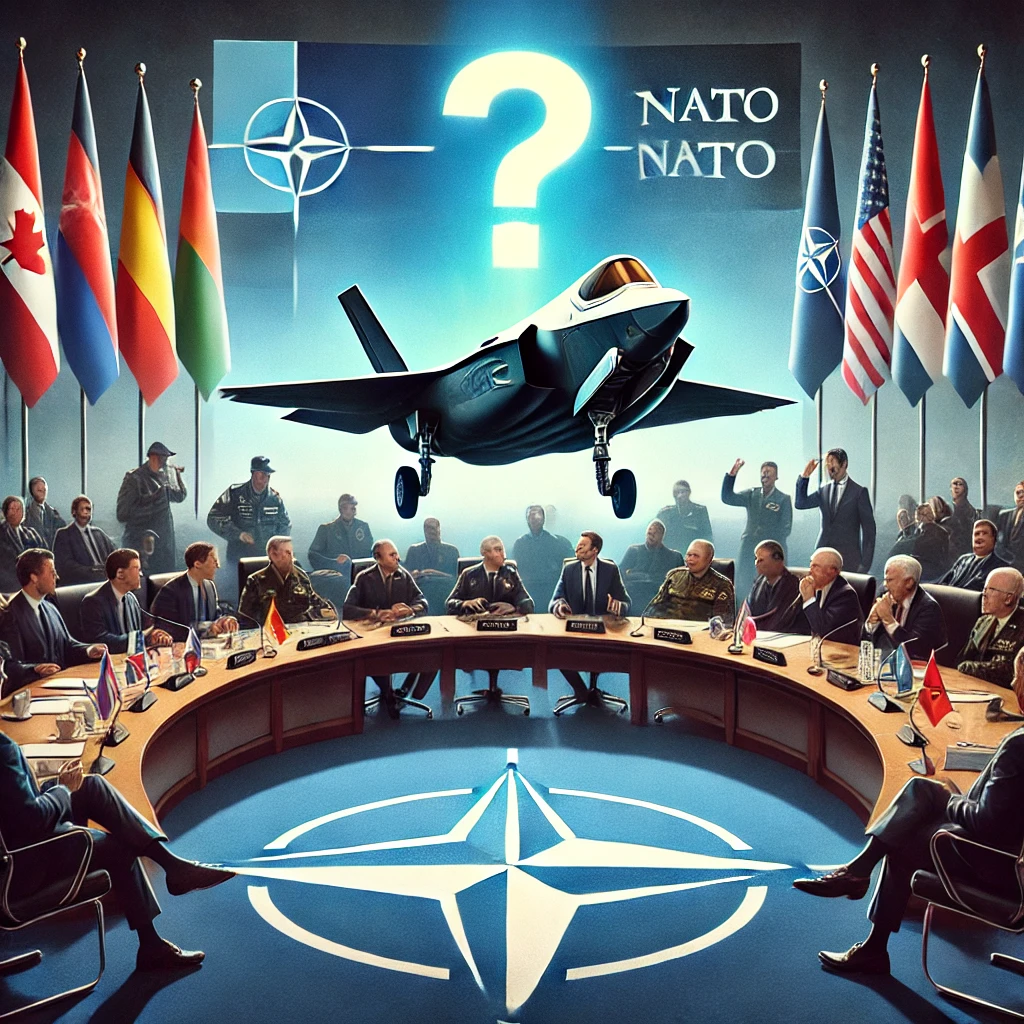Published Date: March 15, 2025 ✍️ Author: Global World Citizen News Team 🌍 Source: GlobalWorldCitizen.com
Shifting Alliances: NATO Countries Question U.S. Reliability on Defense
The U.S. F-35 stealth fighter, once considered the backbone of NATO’s air defense strategy, is now facing growing skepticism among key allies. Canada and Portugal have signaled interest in alternative fighter jets, citing geopolitical instability and concerns over the United States’ shifting foreign policy under President Donald Trump.
As Trump pushes forward with a trade war, expresses skepticism about NATO, and suggests Canada should become the 51st U.S. state, some allies are reassessing their military reliance on American hardware.
Canada Reassesses $13 Billion F-35 Deal
Canada had previously committed to purchasing 88 F-35 fighter jets under a $13 billion deal signed in 2023. However, amid escalating political tensions, Canadian Defense Minister Bill Blair revealed that the government is actively exploring alternative options.




This review coincides with Trump’s decision to impose new tariffs on Canada, sparking public outrage and fueling boycotts of American products.
Portugal Weighs Its Options
Portugal’s Air Force initially recommended the F-35 as its next-generation fighter jet, but outgoing Defense Minister Nuno Melo expressed concerns about U.S. unpredictability in global security matters.



Trump’s NATO Skepticism Raises Alarm in Europe
Since taking office, Trump has repeatedly questioned NATO’s purpose, criticizing member states for not spending enough on defense.




In response, the European Union is accelerating its own military buildup, preparing for a world where the U.S. may no longer be a dependable security partner.
NATO’s Future in Question
The trans-Atlantic alliance has been rocked by recent developments, including Trump’s heated exchanges with Ukrainian President Volodymyr Zelenskyy. The uncertainty surrounding U.S. policy has placed additional pressure on NATO members as they reevaluate their military commitments.





According to Roche, “The biggest loser is actually the U.S., because no one will trust an American treaty again.”
What’s Next?



As NATO nations seek strategic alternatives, the coming months will be crucial in determining the future of transatlantic military cooperation.




